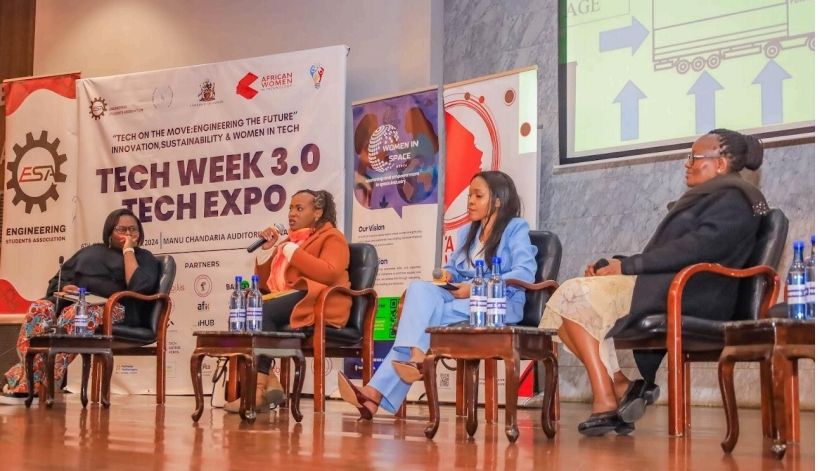JICA and KEFRI Enhance Community Resilience and Livelihoods via Melia volkensii Cultivation

By Our Reporter 1
The Japan International Cooperation Agency (JICA) and the Kenya Forestry Research Institute (KEFRI) are currently implementing the Strengthening Forestry Sector Development and Community Resilience to Climate Change through Sustainable Forest Management and Landscape Restoration (SFS-CORECC) project. This initiative aims to promote sustainable forest management practices, restore degraded landscapes, enhance community resilience to climate change, and improve livelihoods through sustainable resource use in Kenya’s dryland regions.
One way to improve livelihoods is through the cultivation of an improved variety of Melia volkensii trees in drier regions such as Kitui. Representatives from the Kenya Forestry Research Institute (KEFRI) state that this tree produces timber as hard as mahogany. Known locally as the Mukau tree, Melia volkensii is native to Kenya’s arid and semi-arid regions and is renowned for thriving in harsh conditions. JICA’s initiative aligns with broader efforts to enhance food security and economic stability in drought-prone areas.
At KEFRI Tiva woodlands, JICA supports the smooth operation of seed orchards for Melia volkensii and Acacia tortilis, as well as a Progeny Test Site (PTS) under Component 3 of SFS-CORECC (tree breeding). Two Melia orchards were established in 2012 in Kitui and Kibwezi to supply improved Melia seeds by planting grafts from superior trees (CPTs) selected from various sites across Kenya. The Acacia tortilis stands, established in 2014 and 2015, test the genetic worth of seeds from 100 CPTs. Eight PTS sites were set up in 2014 and 2015 to test the genetic value of seeds from the first-generation Melia seed orchards.
Under Component 2 of the SFS-CORECC (Commercial Forestry Promotion) project, JICA assists Nyumbani Village in planting improved Melia volkensii trees on their 600 acres of land. This village, home to nearly 700 children displaced by the HIV pandemic, already grows non-improved Melia volkensii. According to James Ndufa, Deputy Director of Forest Biodiversity and Environment Management at KEFRI, the improved variety grows faster and is more disease-resistant. A 2-acre demonstration plot has been established by KEFRI and JICA in the village to showcase this improved variety.

In Mutomo, an arid region south of Kitui town, JICA and KEFRI are spearheading a feasibility study under Component 1, known as the School Lunch-Tree Growing Club Forest Carbon Pilot Project. This project involves four schools and focuses on agroforestry and nutrition enhancement through the cultivation of improved Melia volkensii and Adonsonia digitata (baobab). Makosi Comprehensive School, one of the participating schools, planted seedlings of these trees in March 2023, integrating cowpeas as an agroforestry practice. The school produced 0.5 tons of beans this year. The project aims to enhance local capacity for climate change mitigation and adaptation by using trees to sequester carbon, combat desertification, and prevent soil erosion. Timber from the Melia volkensii will be used to make school desks, and baobab leaves will enrich school meals, improving nutrition for children and their families.
About 3 kilometers from Mutomo township, Jacob Mwanduka, a smallholder farmer, has planted 175 improved Melia trees on his 1-acre plot since November 2023. He plans to purchase more land to expand his cultivation. Mwanduka, who is also a target nursery operator for the project, has started producing improved Melia seedlings. He notes that growing improved Melia among smallholders in drylands is increasing.
According to KEFRI, the cultivation of improved Melia contributes to soil and water conservation, improved soil fertility, enriched biodiversity, and enhanced resilience to climate change in dryland regions.






